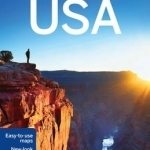
Lonely Planet USA
Regis St. Louis, Lonely Planet, Amy C. Balfour and Sandra Bao
Book
Lonely Planet: The world's leading travel guide publisher Lonely Planet USA is your passport to the...
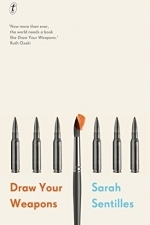
Draw Your Weapons
Book
A single book might not change the world. But this utterly original meditation on art and war might...
philosophy social sciences
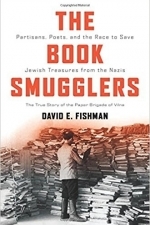
The Book Smugglers: Partisans, Poets, and the Race to Save Jewish Treasures from the Nazis
Book
The Book Smugglers is the nearly unbelievable story of ghetto residents who rescued thousands of...
history
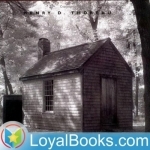
Walden by Henry David Thoreau
Podcast
Two years, two months and two days! This is what forms the time line of one man's quest for the...

The War of the Worlds by H. G. Wells
Podcast
Extraterrestrial invasion, the earth taken over by omniscient intelligences from Mars, the whole of...

Sobibor Death Camp: History, Biographies, Remembrance
Book
The Sobibor Death Camp was the second extermination camp built by the Nazis as part of the secretive...
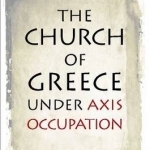
The Church of Greece Under Axis Occupation
Book
Axis forces (Germany, Italy, and Bulgaria) occupied Greece from 1941 to 1944. The unimaginable...
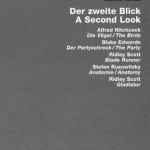
Second Look: Hitchcock: The Birds; Edwards: The Party; Scott: Blade Runner; Ruzowitzky: Anatomy; Scott: Gladiator
Book
Text in English & German. Like literary texts, films often tell stories on multiple levels. Ridley...
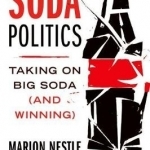
Soda Politics: Taking on Big Soda (and Winning)
Book
Sodas are astonishing products. Little more than flavored sugar-water, these drinks cost practically...

Mathematics Explained for Primary Teachers
Derek Haylock and Ralph Manning
Book
Get access to an interactive eBook* when you buy the paperback! (Print paperback version only, ISBN...